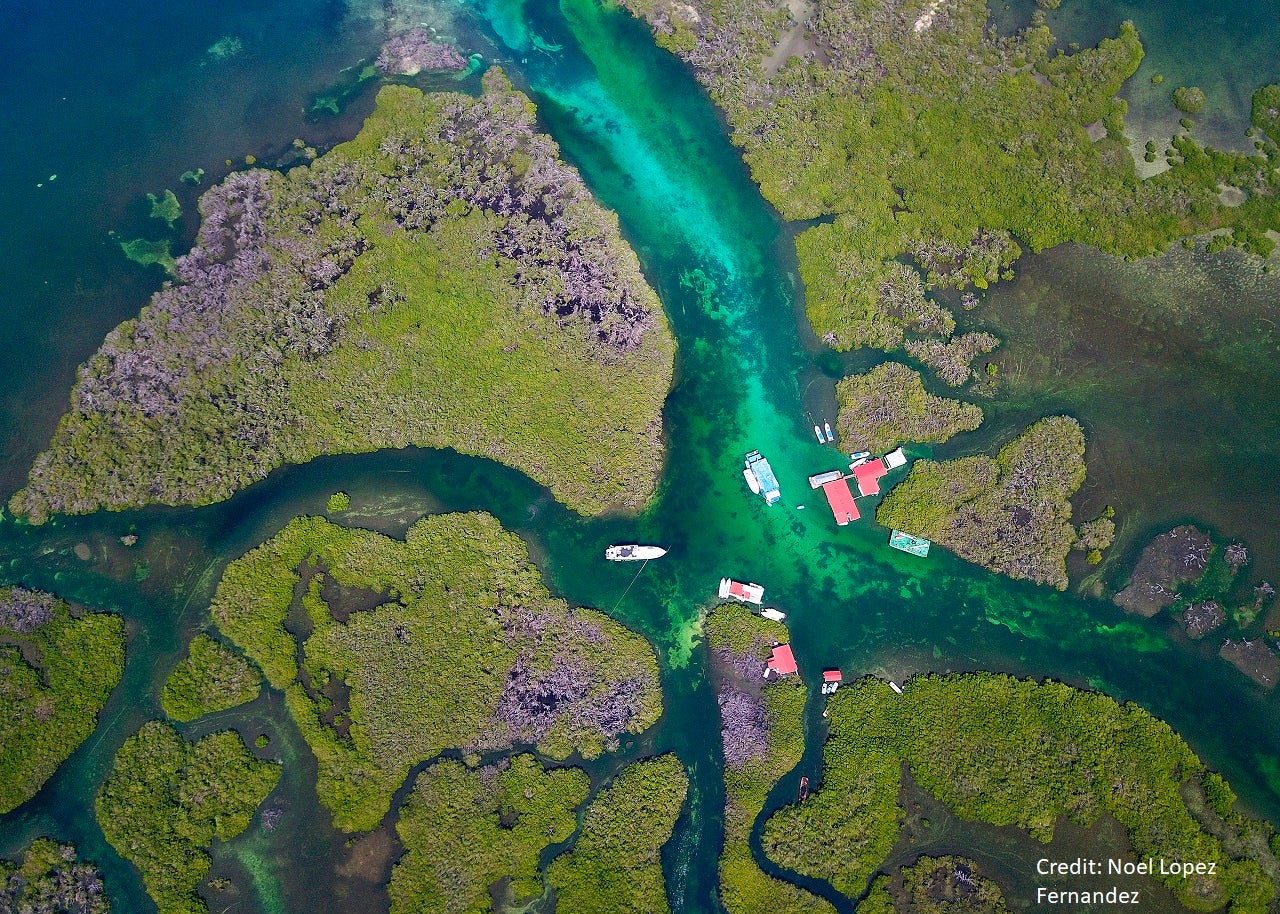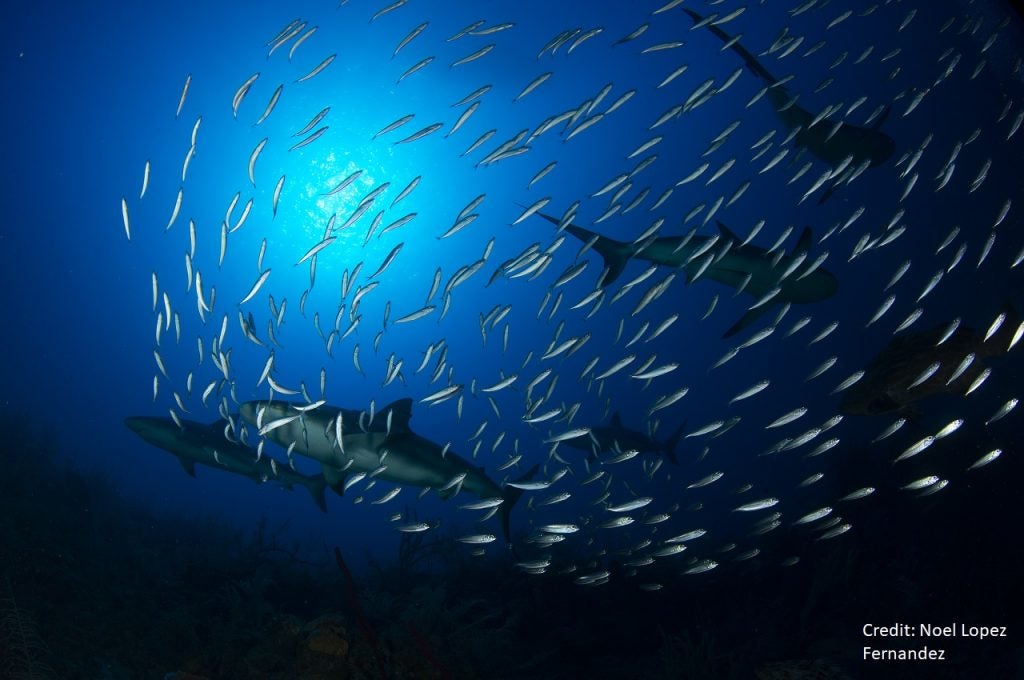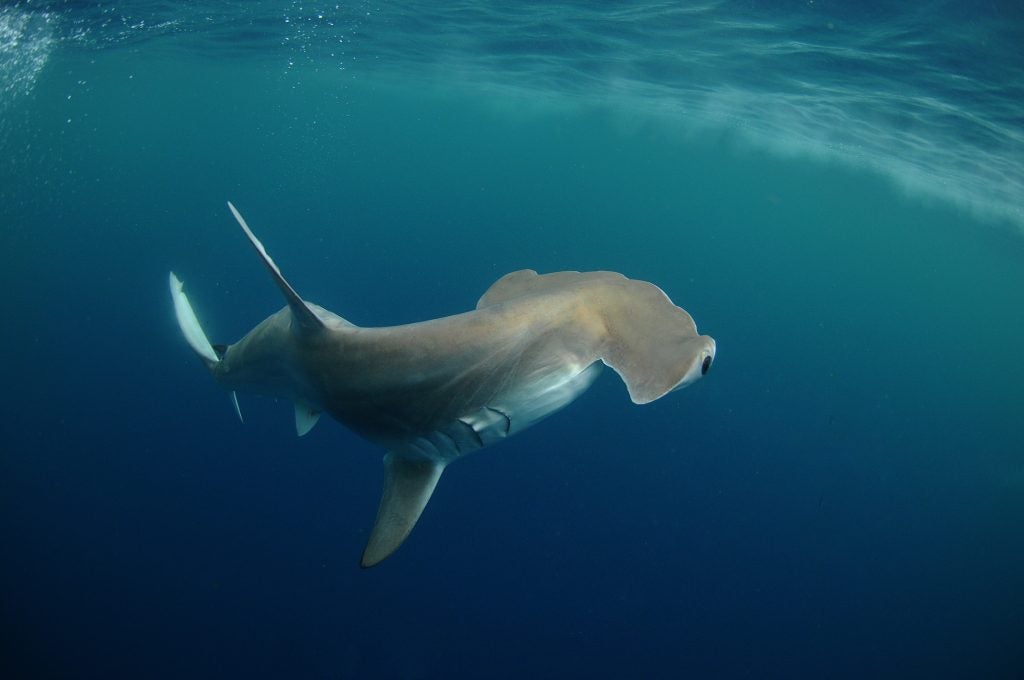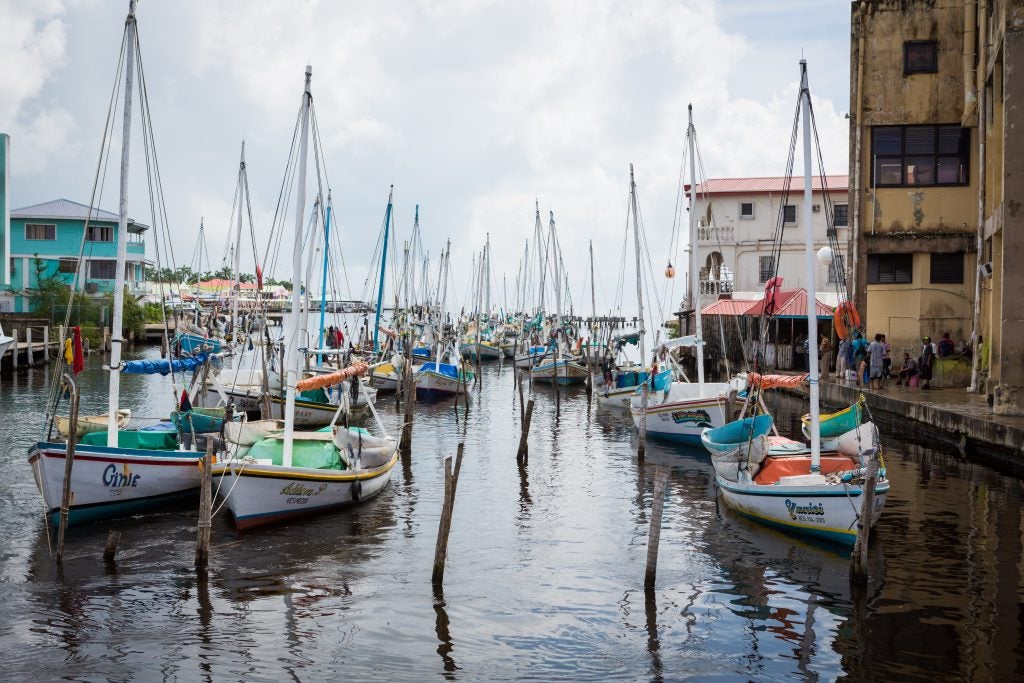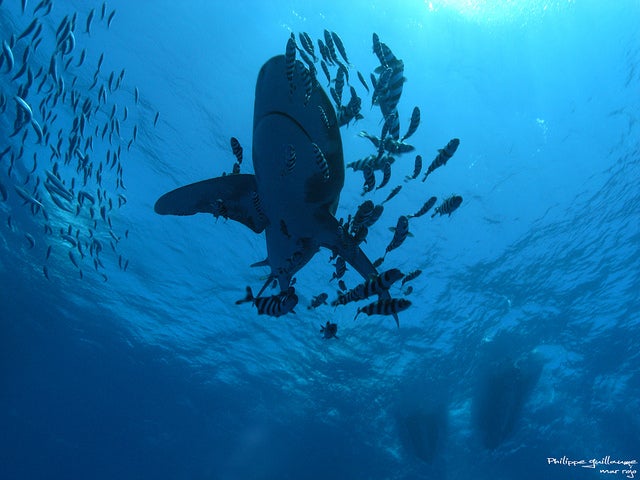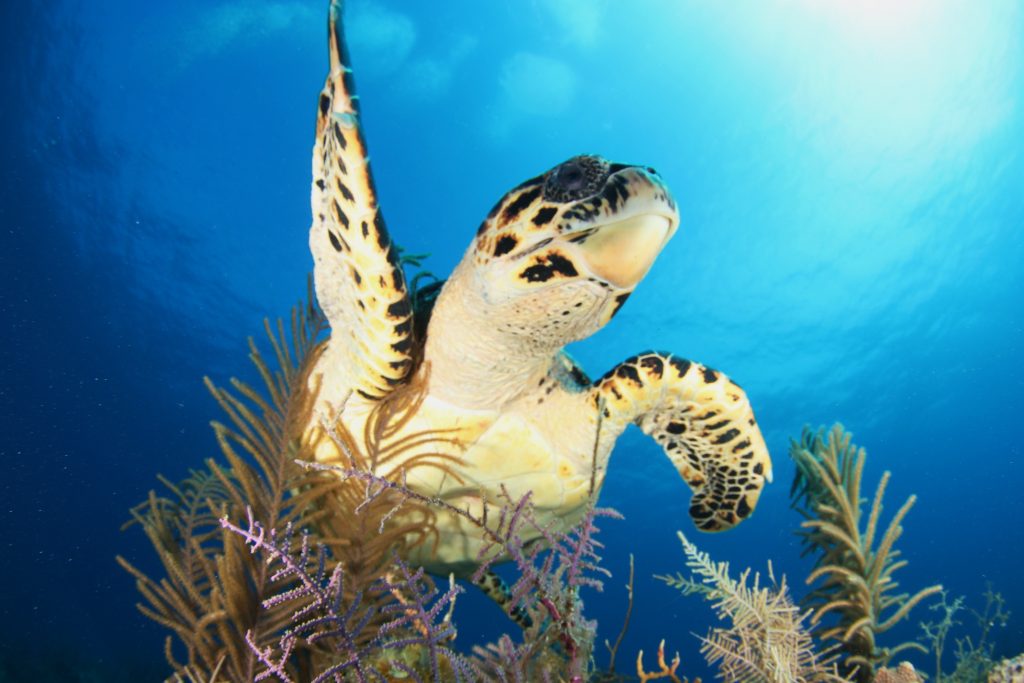By:
- Eduardo “Lalo” Boné Morón, Senior Manager, EDF Cuba Oceans Program
- Juan Carlos Duque, Project Manager of the Biological Corridor in the Caribbean of UNEP
- José “Pepe” Gerhartz, Conservation Specialist of the CBC Secretariat
“Life revolves around the climate,” says José Luis “Pepe” Gerhartz, a senior conservation specialist from the Caribbean Biological Corridor Initiative, or CBC, a joint initiative between Cuba, the Dominican Republic, Haiti and Puerto Rico. The scientific knowledge generated by Pepe, among many other experts dedicated to studying climate, indicates that climate change is causing drastic alterations to our oceans. These alterations are inevitably affecting marine ecosystems and the millions of people who depend on them. Fisheries are already suffering as changes in sea temperature, sea currents and many other processes in the oceans affect the abundance and distribution of marine species. Certain organisms will be able to adapt, moving in search of better conditions. However, many others will not, potentially reducing the oceans’ ability to thrive and nourish the world. Read More










